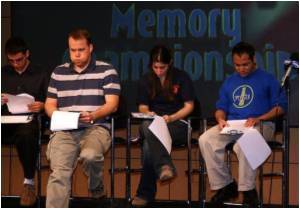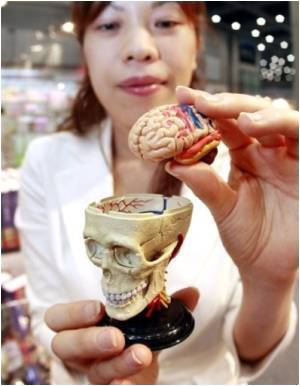
In the study, the scientists found that a main driver of memory formation is myosin II, a motor protein critical to cell movement and growth.
"By showing for the first time that myosin II acts as the principal organizer of memory formation, we are that much closer to identifying the signaling pathways that activate this motor protein in the brain," said Gavin Rumbaugh, an assistant professor in the Department of Neuroscience at Scripps Florida who led the study.
"Once we're able to do that, we can begin to develop potential treatments that could restore memory in people who suffer from cognitive disorders like Alzheimer's disease."
In the study, Rumbaugh and his colleagues showed that myosin II mediates a mechanical process that is part of the complex process of memory formation.
Specifically, myosin II links together the initiation of long-term potentiation, a process that enhances signal transmission between two neurons in the creation of memory; the stabilization of synaptic plasticity (the ability of synapses to maintain this enhanced transmission); and the reorganization of neurons' F-actin, a cellular polymer that enables growth of synapses.
Advertisement
"Growth and strengthening of synapses is a process that the brain uses to record our experiences. We are just now beginning to understand the physical substrates within synapses that enable the storage of our life experiences."
Advertisement
"Many parallel brain processes have to be activated to store information. If any one of them is disrupted, the information doesn't get stabilized and the memory is lost. Myosin II is a central regulator of this process and if you could pharmacologically control myosin II, you could potentially regulate memories at will," he said.
The study was published as the cover story of the journal Neuron on August 26, 2010.
Source-ANI














